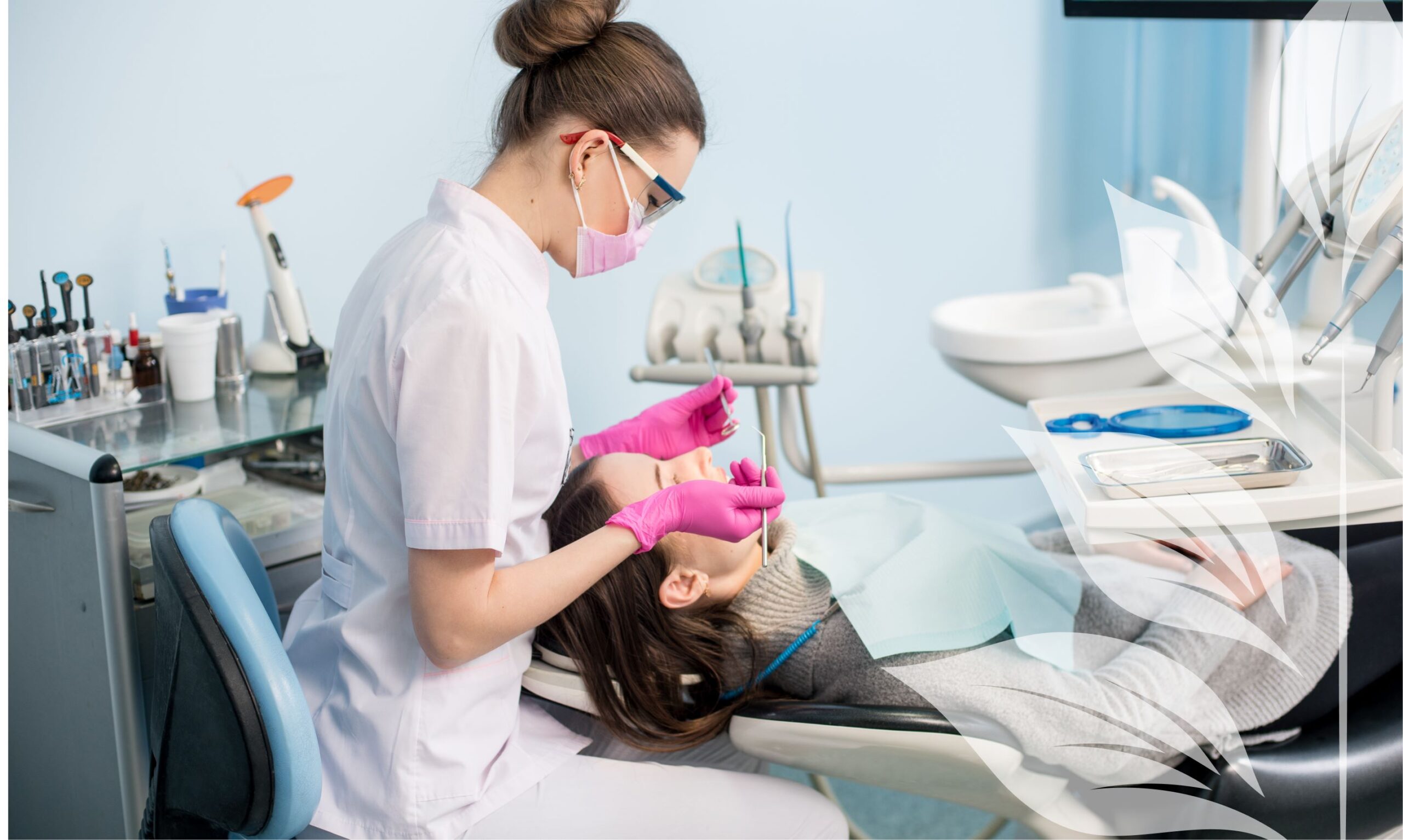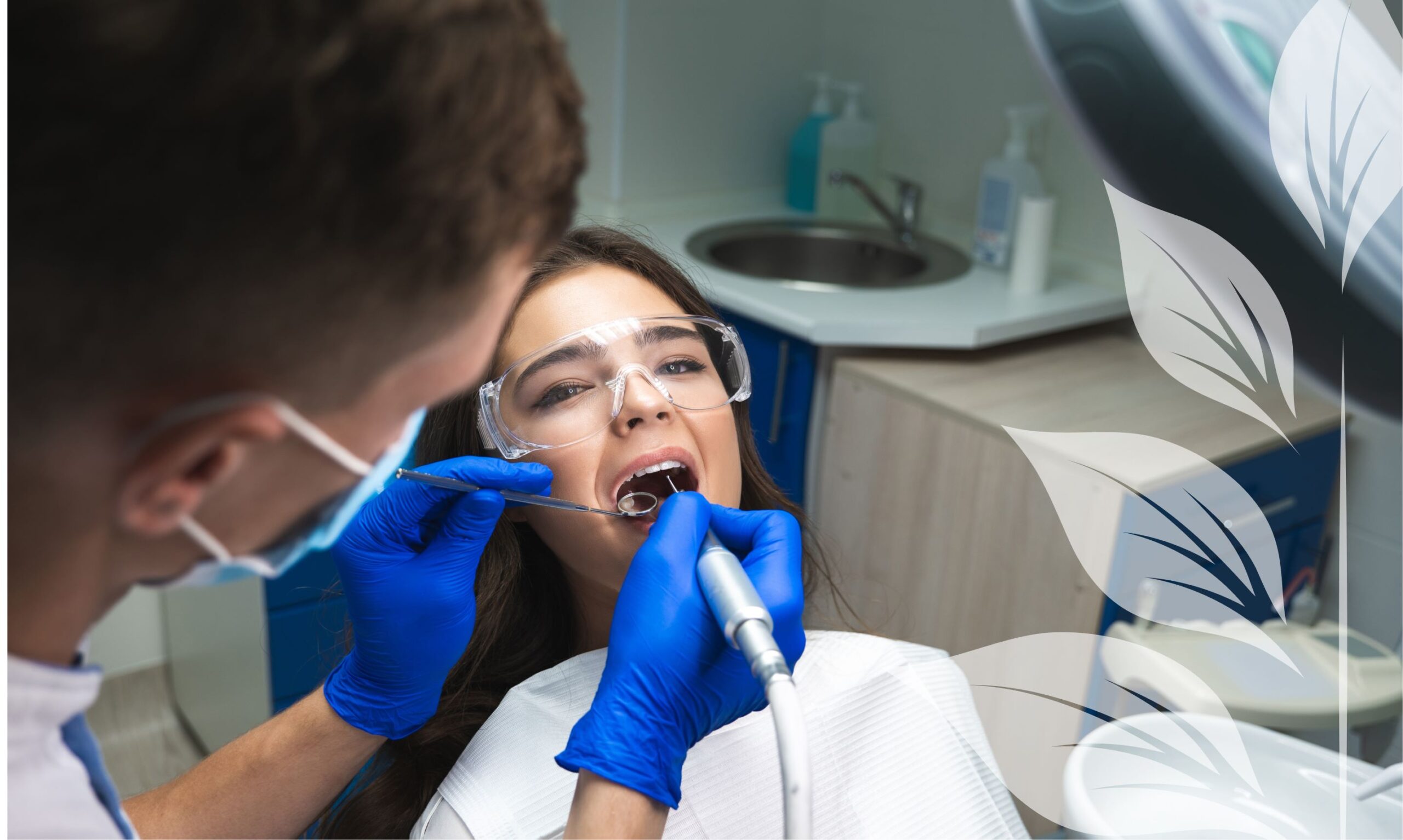10 Types of Tooth Pain You Should Know About
According to the Centers for Disease Control and Prevention, over 90% of Americans over the age of 20 have had at least one cavity during their lifetime, and about 1 in 4 adults between the ages of 20 and 64 has a cavity right now. Because untreated tooth decay is so prevalent, it isn’t surprising that many adults are also experiencing some sort of tooth pain.
With this in mind, we created a list of the top 10 causes of tooth pain and what you should do if you find yourself with a toothache.
1. Cavities
Also referred to as dental caries, cavities are permanently damaged areas starting in your enamel, the hard surface of your teeth. With early detection, cavities can usually be treated with fillings. Deeper decay may require crowns, root canals, or even extractions depending on how far it has progressed..
2. Tooth Erosion
This happens when the acids from your food, drink, or stomach slowly dissolve your enamel. Thankfully you can avoid dental erosion by maintaining a healthy diet, proper oral hygiene, and regular preventive cleaning appointments. If you are experiencing tooth erosion, your dentist can assess and determine the best course of action.
3. Dislodged Filling
If you lose a filling, chances are that you will experience tooth pain due to the exposure of the sensitive inner layer, or dentin, of your natural tooth. You should contact your dentist as soon as possible to schedule an appointment for a replacement filling.
4. Abscess
The word “abscess” alone might be enough to make you wince—abscesses are no joke! A tooth abscess is a pocket of pus created by a bacterial infection. Common signs of an abscess include throbbing pain, fever, swollen mouth or throat, hot and cold sensitivity, and difficulty swallowing or biting. If you experience a sudden rush of foul-tasting fluid accompanied by unexpected pain relief, the abscess has almost certainly ruptured. With any of these symptoms, you should contact your dentist right away.
5. Fractured Tooth
Fractures are painful, and a tooth fracture is no different. If you have a fractured tooth, apply a cold compress to the cheek over the fracture and contact your dentist or Allred Family Dentistry right away for emergency treatment. In the meantime, avoid chewing on the affected tooth, and be sure to avoid sweets.
6. Wisdom Teeth
These teeth are the last four to erupt and rarely have enough room to come in properly. In some cases, they get stuck below the gum or grow at an odd angle, causing complications and the need for removal. Failure to remove problematic wisdom teeth can cause tooth pain and issues with the adjacent teeth.
7. Habitual Clenching
Often associated with TMD (temporomandibular joint disorder) or stress, clenching your jaw (often done subconsciously) can lead to pain, including headaches, neck pain, and more. The good news is that you can do things at home to help relieve the pain associated with a clenched or tight jaw.
8. TMJ
As we mentioned earlier, your TMJ (temporomandibular joint) can cause tooth pain too. Your TMJ is the joint that links your lower jaw to the rest of your skull. If you have jaw discomfort or soreness accompanied by headaches, earaches, ringing in the ears, locking of the jaw, limited range of jaw motion, tooth grinding (bruxism), dizziness, or tooth sensitivity, you may have TMD. Your dentist can assess your case and form a custom treatment plan to relieve your TMD.
9. Gum Recession
Gum recession exposes the roots of your teeth and increases your risk of root decay. It is also commonly associated with generalized sensitivity and tooth pain. With proper treatment in its early stages, your dentist can help stop the process, limit your tooth pain, and help you improve your overall oral health.
10. Sinus Issues
If you have ever had a sinus infection, then you know that it can cause a toothache. This is actually quite common as the sinuses are often very close to the roots of your upper teeth. When you experience sinusitis, the tissues in those spaces become inflamed, and this is what causes the associated feelings of pain and pressure along your upper arch.
Let Allred Family Dentistry help you alleviate your tooth pain.
If you have tooth decay or tooth pain, the Allred Family Dentistry team can help. We take extra steps to ensure that our patients experience comfort in the dental office, and we will work with you to uncover the root cause and form a treatment plan to alleviate your tooth pain. If you’re ready to make your appointment with us at Allred Family Dentistry, visit our scheduling page to request an appointment online or find the contact information of our Griffin and Hampton, Georgia, offices.
We look forward to helping you on your journey to great oral health and a bright, beautiful, pain-free smile.





